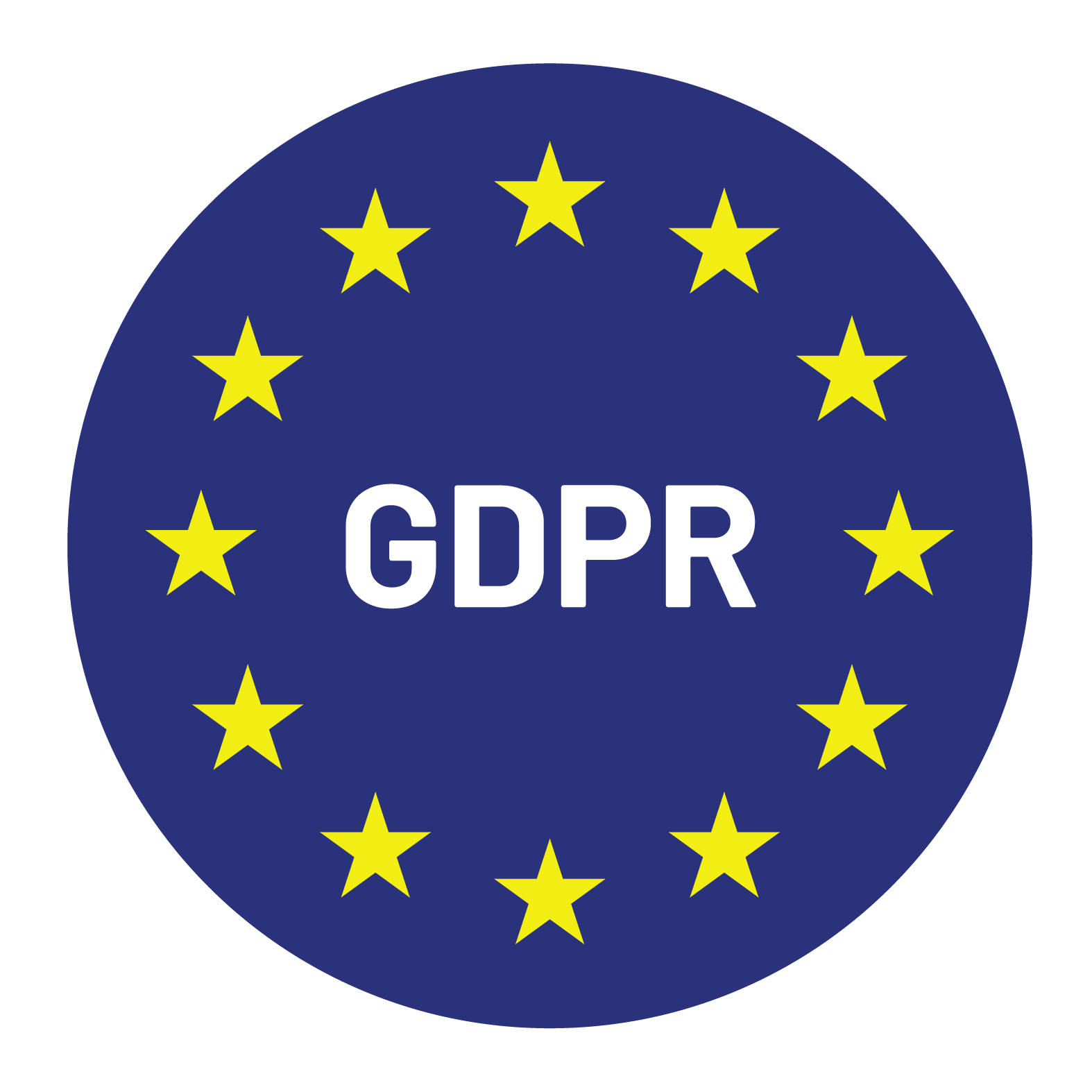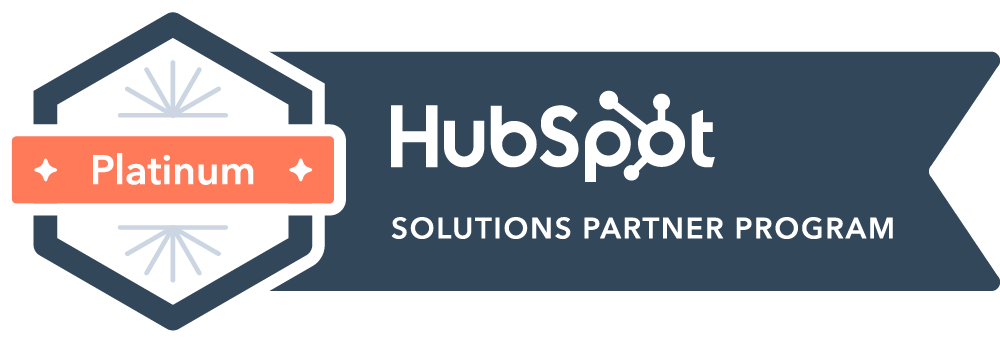

Content Writer for Whistle with multidisciplinary experience spanning over a decade.
B2B sales aren’t what they used to be, and that’s not necessarily a bad thing. Social selling has taken a front seat, allowing sales teams to engage with decision-makers on platforms they regularly use. Yet, many businesses struggle to make the most of this opportunity. Social selling is a critical piece of the puzzle if you want to sharpen your appointment-setting strategy and stand out. Let’s explore how you can master this strategy to secure those crucial appointments.
Social selling is more than just posting industry articles or sending direct messages. It’s a strategic approach that requires thoughtful engagement, an understanding of your target audience, and the ability to create genuine connections with potential clients. When implemented well, it goes beyond traditional sales tactics, building credibility and trust with key stakeholders before you ever pitch them.
Gone are the days of purely transactional outreach. Today’s prospects expect more than a generic sales message. They want to engage with businesses and professionals who offer real insights, demonstrate understanding, and provide solutions to their challenges. Traditional cold calls and templated emails are becoming less effective in reaching decision-makers who are bombarded with information and sales pitches daily. This is where social selling thrives.
Social selling leverages platforms like LinkedIn to allow you to reach decision-makers directly and connect with them in meaningful ways. It’s not just about reaching out but about listening, engaging, and offering value that resonates with them. This approach transforms sales from an impersonal transaction into a two-way dialogue. By actively participating in conversations, sharing relevant industry updates, and commenting thoughtfully on prospects’ posts, you can position yourself as a trusted resource—not just another salesperson.
When done right, social selling isn’t about selling to a faceless organization—it’s about building relationships with the individuals who drive it forward. This humanized approach opens the door to new opportunities and strengthens existing partnerships, leading to long-term business growth and success.
The key advantage of social selling lies in its precision. Tools like LinkedIn Sales Navigator provide filters that let you target prospects based on specific criteria such as job roles, industry, and even interests. This approach helps eliminate wasting time on unqualified leads and allows you to focus on individuals more likely to benefit from your offering.
Effective social selling starts with earning trust before asking for an appointment. Building this foundation doesn’t require grand gestures—sometimes, simply engaging with a prospect’s content or offering relevant insight can initiate a genuine connection. By consistently demonstrating value, your ask will feel natural rather than like an intrusion.
Think of social selling as a slow build. It’s not about aggressively pursuing every lead, but consistently showing up and offering something worthy. Sharing thoughtful insights, commenting on trends, and actively participating in discussions help position you as a credible voice in your industry. This steady approach keeps you top of mind when your prospects are ready to engage further.
Personalization isn’t just a box to tick—it’s essential. By keeping tabs on what your prospects share and engage with, you can craft outreach that genuinely aligns with their interests. When a prospect sees that you’ve taken the time to understand their context, they’re far more likely to respond positively. A simple reference to their latest post or congratulating them on a recent achievement can go a long way.
For professionals serious about social selling, LinkedIn Sales Navigator is essential. It offers robust filtering options, alerts on key activities, and insights into mutual connections—all of which allow you to engage with leads more effectively. Sales Navigator also lets you save leads and accounts, enabling you to keep an organized eye on the activities of your top prospects.
Consistency is key in social selling, but it can be tough without the right tools. Social media management platforms like Hootsuite and Buffer allow you to schedule content, monitor interactions, and track performance across multiple channels. This keeps your social presence active and strategic, rather than reactive.
The best social selling strategies are integrated seamlessly with your existing sales processes. HubSpot lets you track social interactions and manage follow-ups within your CRM. This keeps everything in one place and helps you maintain a comprehensive overview of your engagement efforts with each prospect.
Consistency is crucial, but it’s not just about quantity. Create a content calendar that focuses on providing insights, sharing relevant industry updates, and highlighting case studies. Aim to keep your content balanced—offering a mix of thought leadership and company updates. This keeps your feed engaging and positions you as a well-rounded resource.
Social selling isn’t about spammy interactions or blanket commenting. Instead, be intentional with your engagements. When commenting on a prospect’s post, avoid generic statements and focus on adding something meaningful to the conversation. This reinforces your credibility and encourages further dialogue.
Regularly review engagement metrics and analyze the content that resonates most with your audience. Platforms like LinkedIn and social media management tools offer robust insights that can inform your strategy. Additionally, platforms such as ScienceDirect offer research-backed studies on successful sales tactics, which can help you refine your social selling approach.
Finding time for social selling can be tricky, especially when juggling other responsibilities. The solution? Treat it like any other sales task. Dedicate specific times to social media engagement, and stick to these blocks religiously. This turns social selling into a habit rather than an afterthought.
2. Adapting to Platform Changes
Social media platforms are notorious for frequent algorithm updates that may affect your visibility. To stay on top of these changes, regularly explore new features, experiment with different types of content, and keep your strategy flexible. Being proactive ensures you’re always using the platform to your advantage.
Automation can streamline your social selling efforts, but can also dilute the personal touch that makes these interactions impactful. Use automation for routine tasks like scheduling posts or managing responses, but prioritize crafting personalized messages manually to maintain an authentic connection with prospects.
Social selling isn’t a silver bullet but can be a powerful addition to your B2B sales strategy. By approaching it thoughtfully and strategically, you can build trust, engage decision-makers, and increase your appointment-setting success. The key lies in consistency, meaningful engagement, and genuine value—three elements that aren’t going out of style soon. Interested in fine-tuning your approach? Let’s chat and see how Whistle can help.


© Copyright – Whistle 2023